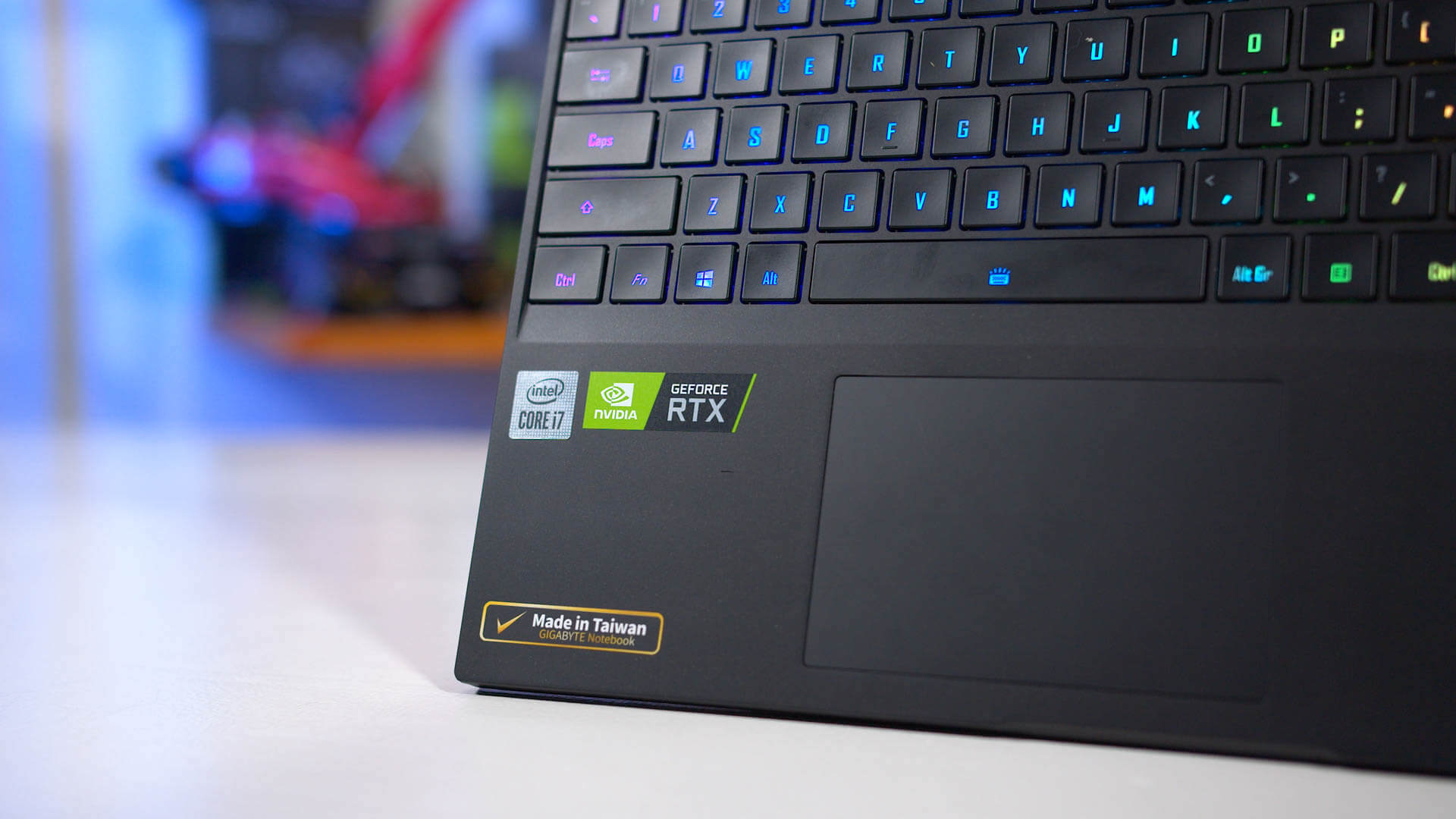I'm sure it's competent. But it's still using precious GPU cycles for loading and decompressing of game assets, there is definitely going to be a cost involved, it won't be free in terms of perf. Otherwise, console manufacturers wouldn't have bothered to spend R&D costs, using valuable silicon real estate just to develop a separate decompression unit to take advantage of the SSD speeds, they could have easily just used the RDNA 2 CUs instead.
PC is also heading in the same direction as the consoles though, using GPU SMs is just a stopgap solution until they move to dedicated HW just like consoles:
These slides summarize it perfectly:
-No such HW accelerated decompression solution for PC at present
-it takes time to build in the silicon, won't be available instantly
-you can't tell the industry to wait a few years until a similar HW arrives on PC (while it's already available on consoles) -> unacceptable
"MSFT + GPU vendor collaboration to innovate and create a GPU friendly compression solution that works on
today's GPU HW".
Basically talks about RTX IO (and whatever is AMD's alternative) here which allows for GPU-based loading and decompression as a solution
for the here and now.
"future silicon implementations" means an HW accelerated decompression solution is under development currently which will be similar to the console implementation.






